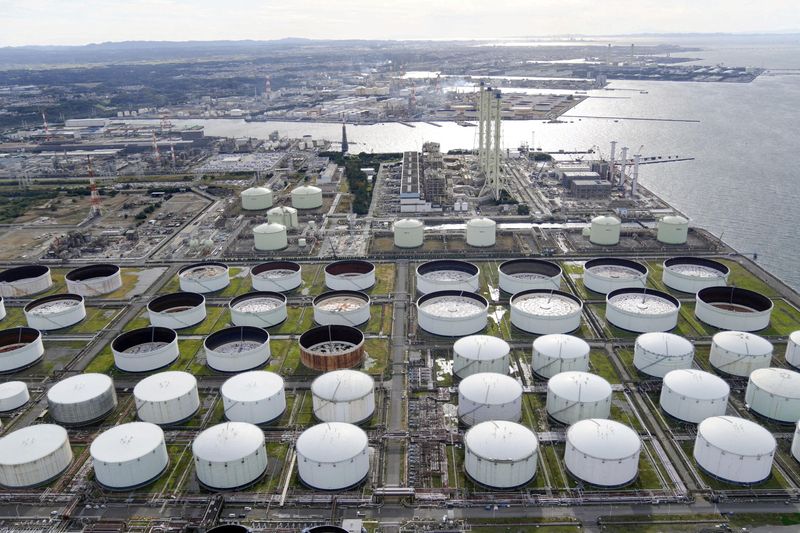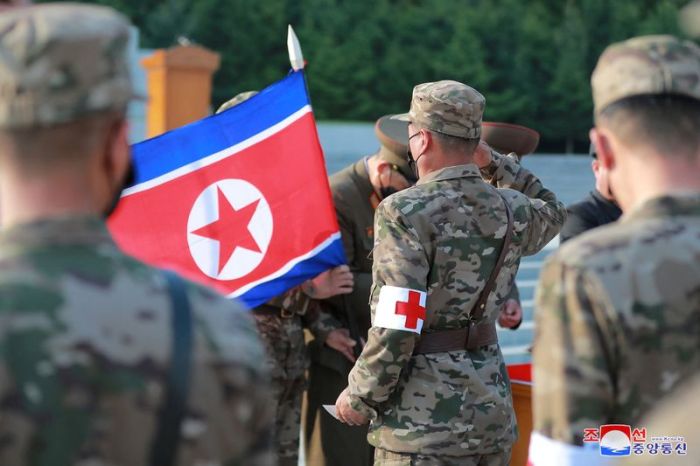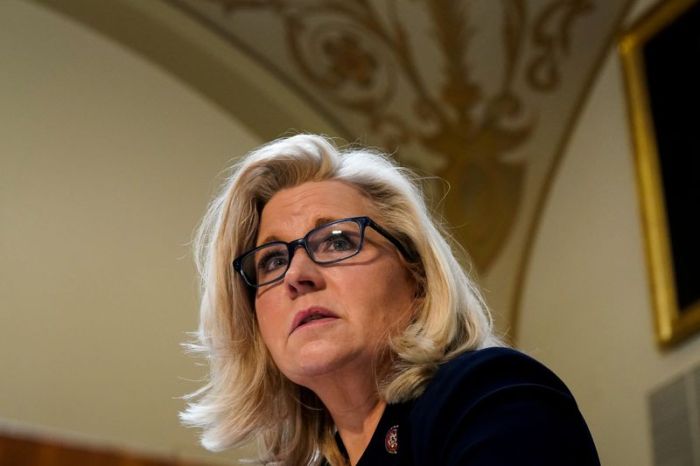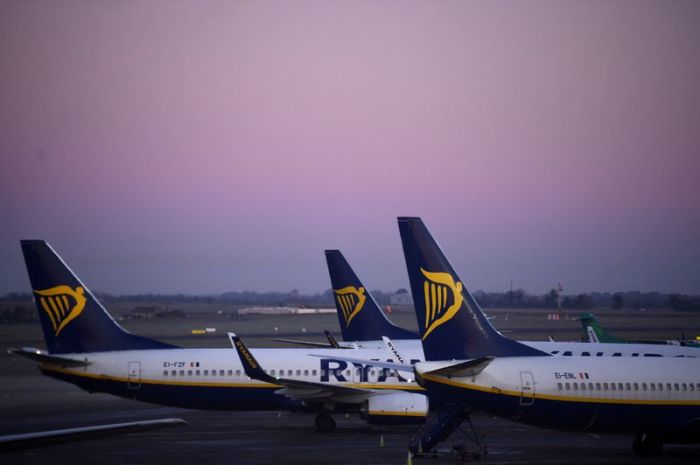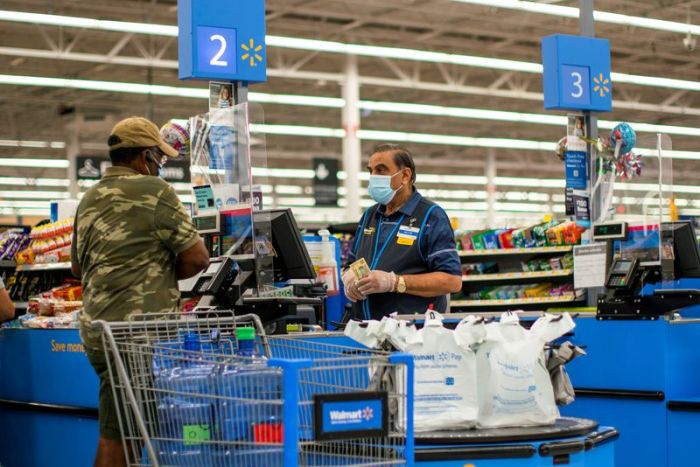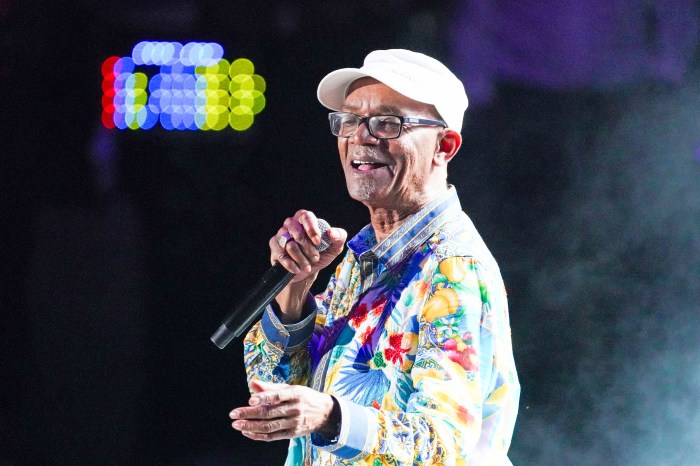NEW YORK (Reuters) – Oil prices rose on Monday on optimism that China would see significant demand recovery after positive signs that the country’s coronavirus pandemic was receding in the hardest-hit areas.
Brent crude futures for July delivery rose $2.69 to settle at $114.24 a barrel, a 2.4% gain, while U.S. West Texas Intermediate (WTI) crude rose $3.71, or 3.4%, to $114.20 a barrel.
Shanghai aims to reopen broadly and allow normal life to resume for the city’s 25 million people from June 1, a city official said on Monday, after declaring that 15 of its 16 districts had eliminated cases outside quarantine areas.
However, it is estimated that 46 cities in China are under lockdowns, hitting shopping, factory output and energy usage.
“We are seeing a lot of signals that demand will start returning in that region, supporting higher prices,” said Bob Yawger, director of energy futures at Mizuho.
In line with an unexpected sharp fall in industrial output in April, China processed 11% less crude oil, with daily throughput the lowest since March 2020.
U.S. gasoline futures set an all-time high again on Monday as falling stockpiles fuelled supply concerns.
Stockpiles in the Strategic Petroleum Reserve fell to 538 million barrels, the lowest since 1987, data from the U.S. Department of Energy showed on Monday.
“Record high gasoline pricing has shown no sign of spurring demand destruction with the U.S. economy appearing sufficiently strong to drive a robust kickoff to the heavy driving season in just a couple of weeks,” said Jim Ritterbusch, president of Ritterbusch and Associates in Galena, Illinois.
Oil prices also found some support as the European Union’s diplomats and officials expressed optimism about reaching a deal on a phased embargo of Russian oil despite concerns about supply in eastern Europe.
However, EU foreign ministers failed on Monday in their effort to pressure Hungary to lift its veto of the proposed oil embargo, with Lithuania saying the bloc was being “held hostage by one member state”.
German Foreign Minister Annalena Baerbock said the bloc would need a few more days to find agreement.
“With a planned ban by the EU on Russian oil and slow increase in OPEC output, oil prices are expected to stay close to the current levels near $110 a barrel,” said Naohiro Niimura, a partner at Market Risk Advisory.
(Additional reporting by Bozorgmehr Sharafedin in London; Additional reporting by Yuka Obayashi in Tokyo; Editing by Mark Porter, Tomasz Janowski and Richard Pullin)

